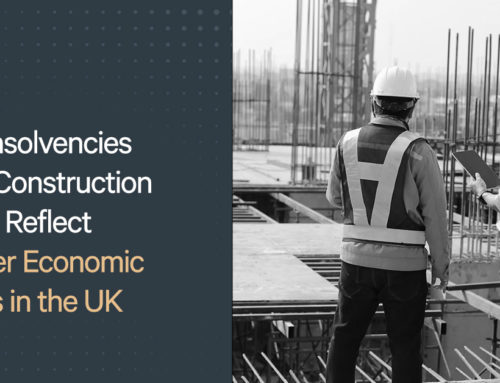The probate process in the UK can be time-consuming, even if the deceased’s estate is a simple affair and they left a will. The length of time probate takes will often impact the period between probate being granted and when the beneficiaries receive their inheritance money after probate.
Before beneficiaries receive their inheritance money after probate, there are other parties that need to be paid, such as utility bills, HMRC, funeral expenses, mortgage payments and solicitors. These costs are taken from the estate if they haven’t been paid by the family prior to probate being granted.
So, how long does it take for beneficiaries to get their inheritance money after probate has been granted?
How long does probate take in the UK?
First of all, let’s take a look at how long probate currently takes, on average, in the UK. To a certain extent, it depends on the size of the deceased’s estate and whether they left a will. However, on average, probate can take anything between six and twelve months. That said, if the estate is large or it is a complicated matter, i.e. there are trusts involved or assets are situated in multiple countries, it can take several years.
In most probate cases, there are legal and tax aspects that need to be sorted out, as well as make the relevant checks necessary to meet the UK’s probate regulations. The length of time it takes for probate will also have an impact on how much inheritance money the beneficiaries will receive.
The general timeline for probate is three to ten weeks. However, the following can help the process:
● Apply for grant of probate as soon as possible.
● The quicker the executor(s) or administrator swears an oath that the information in the probate application is correct, the quicker the grant of probate.
● If possible, pay any inheritance tax as soon as possible as this will also speed up the probate process. If this is not possible, contact HMRC straight away as they may be able to defer payment until the estate is settled.
● At the same time as applying for grant of probate, collect and get a valuation on the estate’s assets, particularly if there is property involved.
It is worth engaging the services of a solicitor or probate specialists to ensure that the probate application is error-free and all matters regarding settling the estate are handled correctly.
Once grant of probate has been received, the executor and/or solicitors are able to start the process of administering the estate, which can take three to six months on average. There are a number of matters that need to be completed including:
● Completing the relevant HMRC forms regarding inheritance tax, capital gains tax or possible income tax.
● Any property has to be valued and put on the market, if it’s not being left to a beneficiary. The sales process can be lengthy, depending on the property, where it is located and its value.
● Close the deceased’s bank accounts and collect any monies into a new account to pay expenses.
● Contact utility providers and mortgage/loan companies to advise of the deceased’s death and to close or transfer the accounts.
● Contact any pension providers to access the funds.
● Claim on any life insurance policy.
● Pay any outstanding debts including settling with utility providers, overdue mortgage payments and loans.
Factors that may slow down the probate process
The probate process can be time consuming but when there are disputes or other factors involved, it can slow down the process, such as:
● Any disputes over the estate, the will, the beneficiaries or any other contentious issue will significantly slow down the probate process as these will need to be resolved before grant of probate and the estate can be administered.
● If there is property or land as part of the estate, the process can take longer and it is more complicated than dealing with other assets and money.
● Any overseas assets may delay the probate process.
● If the executor is not able to dedicate sufficient time to the probate process, it could delay matters.
● The deceased’s will cannot be found, or it is an invalid will or there is no will at all. In some cases, if the deceased has remarried and had additional children with another person, they may not have updated their will or there may be a codicil to the will. Therefore, any will has to be checked and its validity confirmed before any inheritance can be distributed.
● If there is no record of the deceased’s assets, this has to be compiled and sometimes it is not always clear what assets are part of the estate; this will need clarification and confirmation.
● If the estate is worth more than £325,000 and there is inheritance tax to pay as you will need to declare the estate to HMRC.
When do beneficiaries receive their inheritance money?
Distributing the remaining estate, once other parties have been paid, is the last stage of the probate process and can be between six and eight months, sometimes longer depending on the size of the estate and its complexity. In addition, any estate that is valued in excess of £325,000 must be declared to HMRC and no inheritance money can be distributed to beneficiaries without HMRC’s clearance.
If you are the main beneficiary and the executor of the estate, you may be receiving your inheritance once you close bank accounts and gather any monies. However, in many cases, there is more than one beneficiary named in the deceased’s will so this will mean that all monies, including those from the sale of assets, such as property or cars, should be collected in one place before being distributed to the beneficiaries.
It is the executor(s) role, or that of the solicitor if there is one, to distribute the estate in accordance with the deceased’s wishes in the will. If there is no will, all assets of the deceased will be sold and the monies realised will be distributed evenly to immediate family as the beneficiaries. Overall, the faster the probate process the quicker beneficiaries will receive their inheritance money after probate has been granted.
Visit this to get more information.






